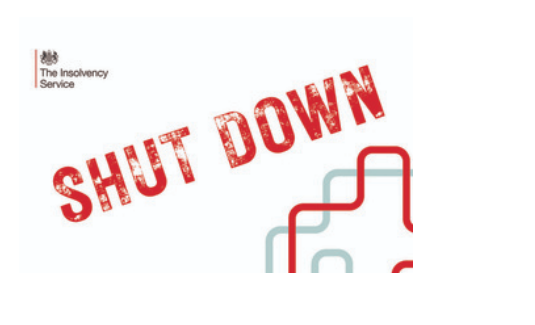
Guides
Articles to better explain Liquidation

Articles to better explain Liquidation




Dissolution, company strike-off, and liquidation are all terms used to describe the process of closing a limited company. Understanding how to close a limited company is dependent on several factors, including your reasons for wanting to do so.
Read Guide
The cost of liquidation varies depending on the complexity of the case. This is based on factors such as the company's size and its overall financial situation, the number of creditors and shareholders and the value of its assets.
Read Guide
If your company is experiencing financial difficulties or is on the verge of insolvency, company liquidation may be the best option. It is critical that you contact a professional insolvency expert to discuss your options. As a director you have a duty to act in the best interests of creditors and not make the situation worse.
Read Guide
If this is the case, you may be wondering what a liquidator does. A liquidator must be appointed to handle the process of liquidating a company. Understanding their role will help you understand the entire liquidation process and what it may imply for your company. It will assist you in preparing for the proceedings, avoiding stress, and preparing for life after the liquidation.
Read Guide
The Bounce Back Loan Scheme was a ray of hope for thousands of companies during the Covid-19 pandemic. But what if the injection of cash isn’t enough to navigate your business through the recession that has gripped businesses across the UK? The loan scheme allowed you to borrow between £2,000 and £50,000 to cover expenses related to Covid-19 and has been a huge boost for businesses. But some are now still struggling and may need to start considering the possibility of liquidation.
Read Guide
Seriously though if you want the absolute cheapest way to go into liquidation then you wait for a creditor to petition the court to wind your company up via a compulsory liquidation. This is normally a bad idea and carries stigma and personal risk
Read Guide
The process of voluntary liquidation is straight forward and the director can move on with their life about 4 weeks after our appointment. In the interim period we will need as much information about the company's finances as possible.
Read Guide
What are the tests for insolvency. If you want to liquidate your company then the chances are that you know it is insolvent. However, it is possible to rescue an insolvent company!
Read Guide
If you are worried about how liquidation will affect you personally then read this guide. There will be impacts but there is often alot of misinformation about and even accountants don't know all the rules. They are not professionally trained in insolvency so why should they?
Read GuideFill out our no hassle form to get a quick and easy quote for your company liquidation